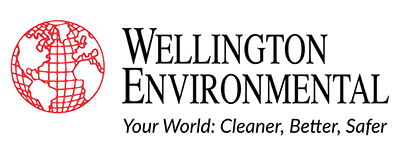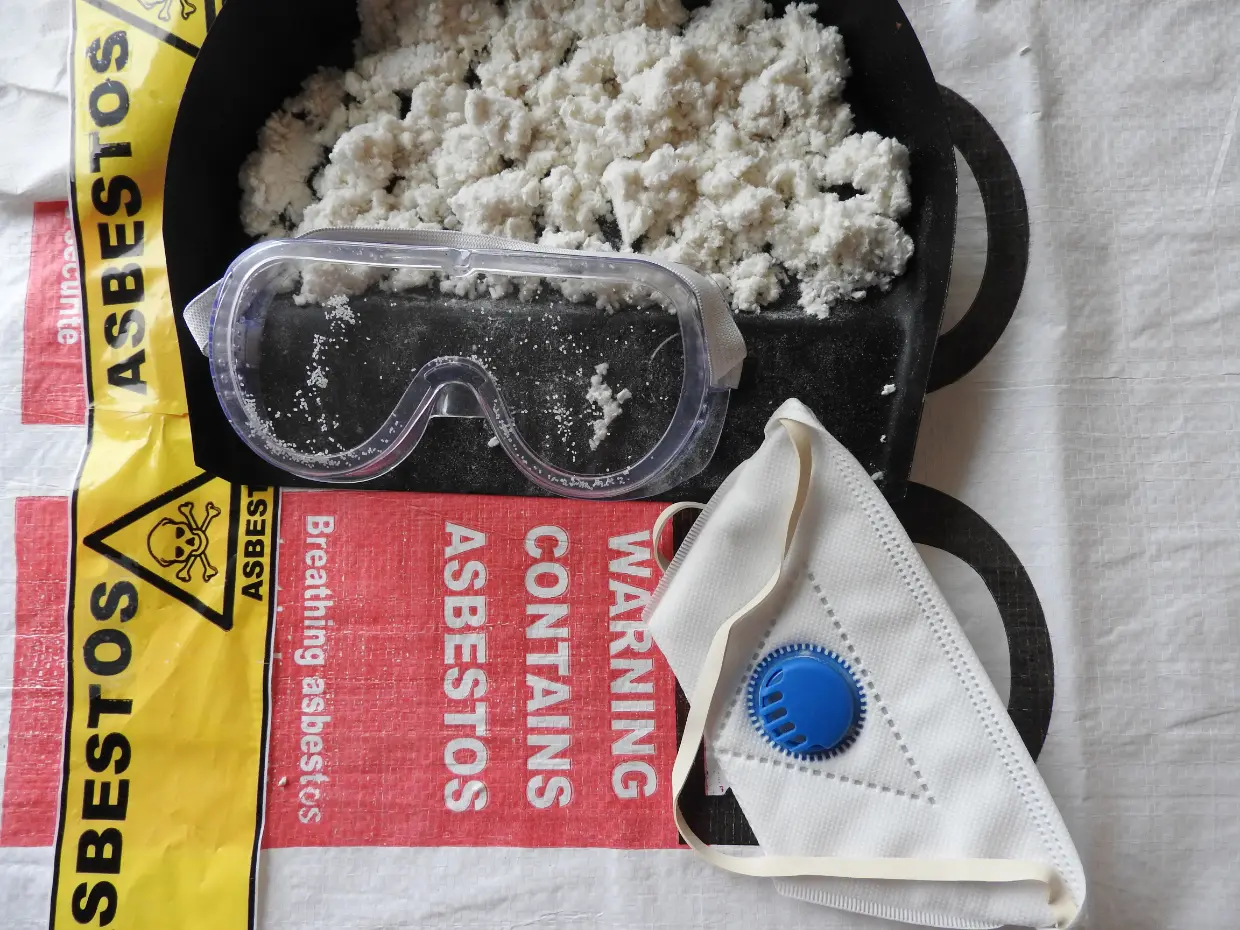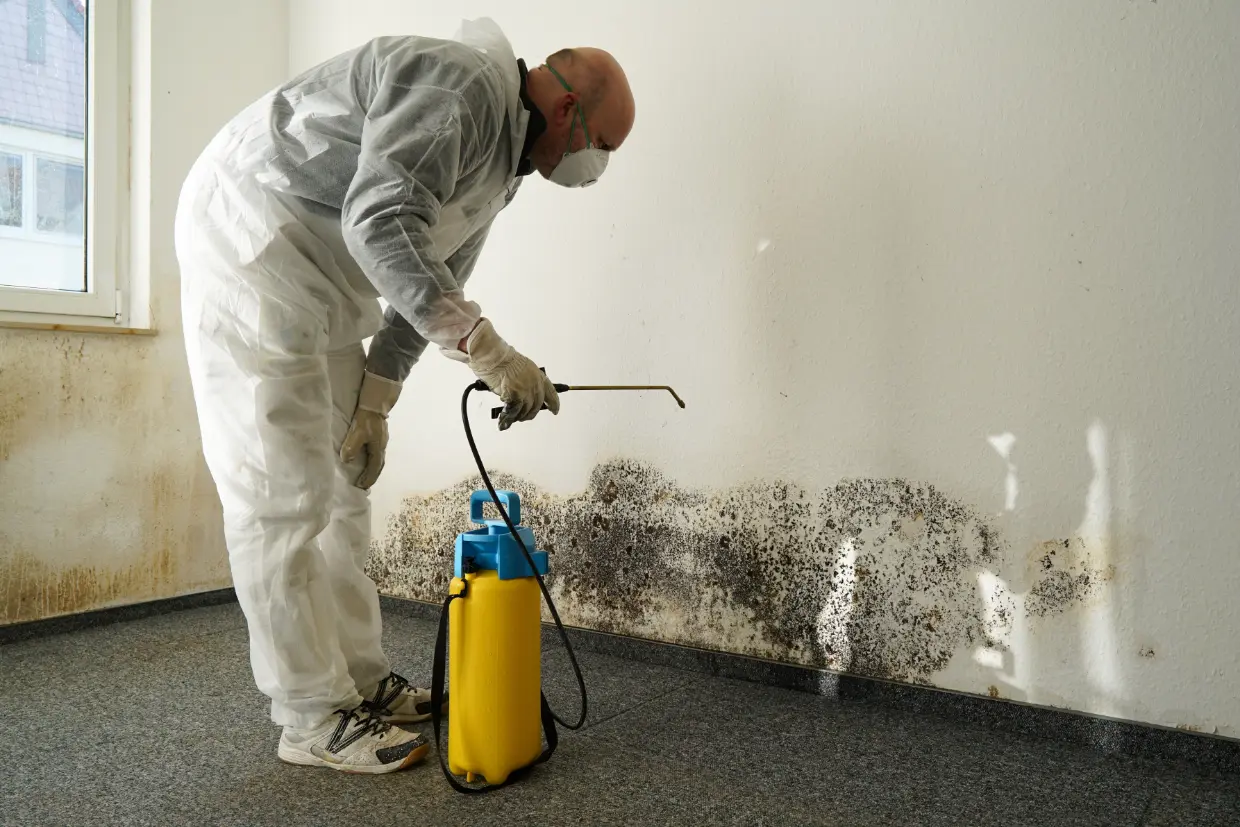How confident are you in the safety of your community’s water? Concerns about contamination can keep anyone up at night. Ensuring clean and safe water is crucial, and that’s where effective water management comes in.
This blog post will shed light on the importance of comprehensive water plans. You’ll discover what makes these programs essential in various settings, from local communities to large facilities. Read on to find out how water management can make a difference.
Building Blocks of Effective Water Management Plans
Effective water management relies on several key elements to maintain high water quality and safety standards. Here’s what you need to know:
Regular Monitoring
Regular monitoring ensures ongoing safety. This involves frequent testing and analysis of water quality. Early detection of problems allows for swift corrective actions, maintaining a safe water supply.
Risk Assessment
Risk assessment identifies potential hazards within the water system. By thoroughly examining the entire setup, you can pinpoint weaknesses and address them proactively.
Maintenance Schedules
Proper maintenance keeps the water infrastructure in excellent condition. Scheduled inspections and timely repairs reduce the chances of breakdowns and contamination.
Successful Implementations of Water Management Plans
Understanding how others have successfully implemented comprehensive water plans can provide valuable insights. Check these two cases:
1) Austin’s Comprehensive Plan
A robust water management plan benefits various facilities and communities in Austin, Texas. The Austin Water Utility has developed a strategic plan for sustainability and conservation. This plan covers residential neighborhoods, commercial areas, and public spaces like parks and schools. Their efforts have led to significant water savings and improved water quality.
2) Toyota’s Environmental Commitment
Toyota joined The Water Council’s WAVE program to enhance its water practices. They focus on reducing water usage and improving water quality across their facilities. This commitment has led to more sustainable and effective water management globally.
Consequences of Ignoring Water Safety
Neglecting water safety measures can lead to severe repercussions. Here are some potential consequences:
Health Risks
Neglecting water safety can lead to severe health risks. Contaminated water poses serious health risks, particularly from Legionella bacteria, which cause Legionnaires’ disease. This severe form of pneumonia can have fatal outcomes, especially in older adults, smokers, and those with weakened immune systems.
Infrastructure Damage
Without proper care, water infrastructure can deteriorate. Issues with pipes, pumps, and other equipment can cause costly damages and interruptions in supply.
Environmental Impact
Ignoring water safety harms the environment. Polluted water can damage local ecosystems, affecting fish, plants, and other wildlife. Effective water management protects our natural resources.
Wellington Environmental: Your Partner in Water Safety
Water safety is a shared responsibility that affects everyone. However, the task is not always easy. At Wellington Environmental, we understand how challenging developing comprehensive water plans can be. That’s why we’re here to provide the expert solutions you deserve.
Avoid compromising your community’s health and well-being. With over thirty years of experience in industrial cleaning, we offer effective Legionella water management programs. You can rely on us to ensure the quality and safety of your H2O. Reach out to us today to learn more.




